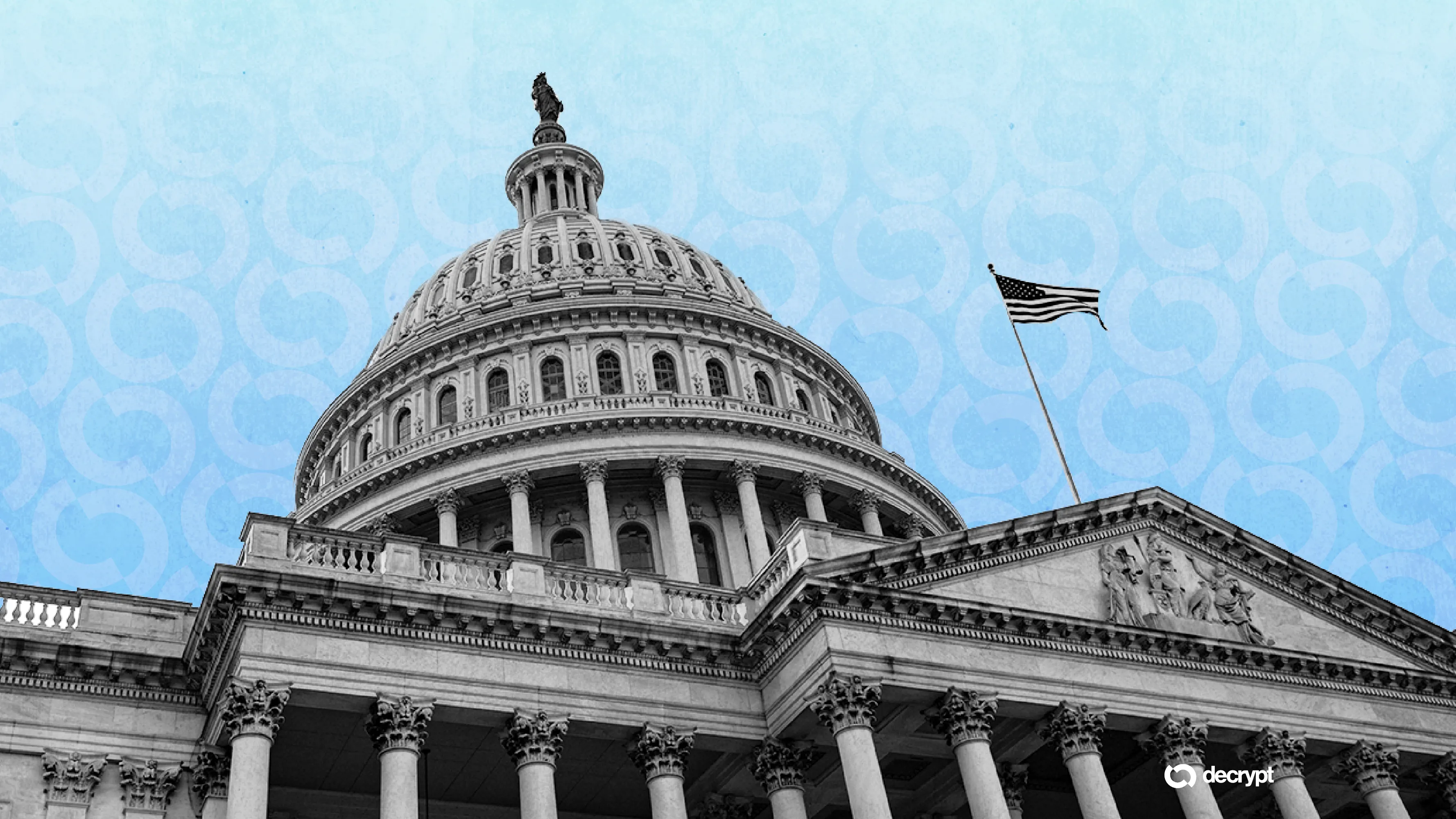In brief
- JD.com is planning to apply for stablecoin licenses in major economies.
- It will initially focus on using them for B2B payments before expanding to consumers.
- It is part of a broader push by the company to recover from "five lost years" lacking in growth and innovation.
JD.com plans to apply for stablecoin licenses in multiple countries as part of a comprehensive effort to reduce the cost and time of cross-border payments, Richard Liu, founder and chairman, announced on Tuesday.
Speaking at a press conference in Beijing, Liu said the Chinese e-commerce giant aims to launch stablecoin services globally, starting with business-to-business payments and eventually expanding to consumer use.
"We aim to apply for our stablecoin license in all major sovereign currency countries in the world," Liu said. "Our vision is that one day, people around the world will be able to use JD’s local coins for global payments."
Liu said the company believes stablecoins could reduce settlement times to under 10 seconds and cut payment costs by up to 90%.
The initiative is part of JD.com's effort to reverse years of stagnation. Once a dominant force in Chinese e-commerce, JD has struggled with what Liu called "five lost years," characterized by a lack of innovation and sluggish growth. The stablecoin project joins a broader slate of new ventures, including moves into food delivery and tourism.
"JD.com’s stablecoin push signals that stablecoins have moved beyond the pilot phase in Asia," Amy Zhang, head of APAC at digital asset infrastructure provider Fireblocks, told Decrypt. "By issuing its own stablecoin instead of relying on a known stablecoin or Payment Service Provider, JD.com is positioning to eliminate 2-3% interchange fees, reduce clearing times from days to seconds, and capture treasury yields from stablecoin holdings."

Senate Passes Landmark Stablecoin Bill in Major Boon for Crypto Industry
After months of dramatic starts and stops, the U.S. Senate successfully passed the GENIUS Act Tuesday afternoon, a landmark bill that formally establishes a framework for issuing and trading stablecoins in the United States. The bill passed 68-30, with 18 Democrats joining Republicans in support of the legislation. A Senate Republican, Josh Hawley (R-MO), voted against the bill, joining progressive Senate Democrats like Elizabeth Warren (D-MA) in opposition to provisions in the legislation that...
The company’s stablecoin push also comes as global momentum behind the technology continues to grow.
On Tuesday, the U.S. Senate passed the GENIUS Act, a landmark bill establishing a regulatory framework for issuing and trading stablecoins. The bill passed 68-30 and has drawn interest from major banks, retailers, and tech firms. Companies including Amazon, Walmart, and Citigroup are already exploring stablecoin applications.
Still, critics warn that the technology could empower large corporations to issue private currencies and track consumer data. Senator Elizabeth Warren has criticized the GENIUS Act as a backdoor for tech giants to launch surveillance-based financial products.
"If Congress doesn’t fix it, billionaires like Elon Musk, Jeff Bezos, and Mark Zuckerberg could launch stablecoins that track your purchases, exploit your data, and squeeze out competitors," Warren previously told Decrypt.

JP Morgan Exec Wary of 'Overcrowding' Stablecoin Market as Bank Registers JPMD Trademark
An exec from Wall Street giant JP Morgan said at Tuesday's DigiAssets 2025 conference that she's wary of having to navigate an "overcrowded" stablecoin market. But she said that less than 48 hours after the bank registered a trademark for JPMD, which it said it intends to use for payments and "virtual currency, digital currency." "I just think we, as an industry, we all sort of just need to take a little bit of a step back and think about whether we will end up overcrowding the market, or wheth...
“Then they’ll come begging for a bailout when it inevitably blows up,” she added.
Others argue that stablecoins offer poor value to consumers since they typically don’t yield interest, even though companies themselves can potentially earn it on customer deposits.
Coatue Management founder Philippe Laffont has called for basic contracts that would pass on spot interest rates to stablecoin holders.
JD did not specify a launch timeline or which jurisdictions it would prioritize for licensing. It described the initiative as an "overseas project," suggesting it would not be rolled out in China itself.
The company did not immediately respond to Decrypt's request for comment on that point.
Edited by Sebastian Sinclair
Editor's note: Adds additional comment from Fireblocks




